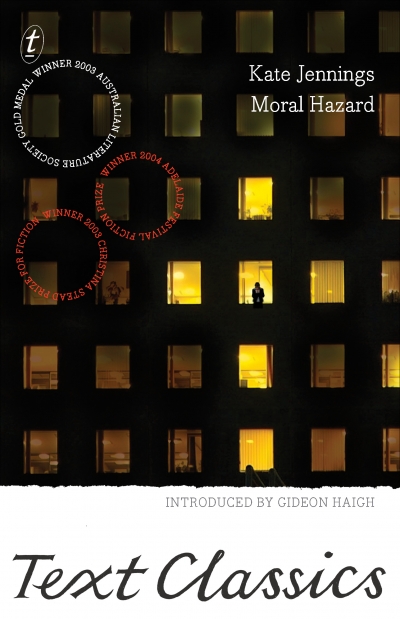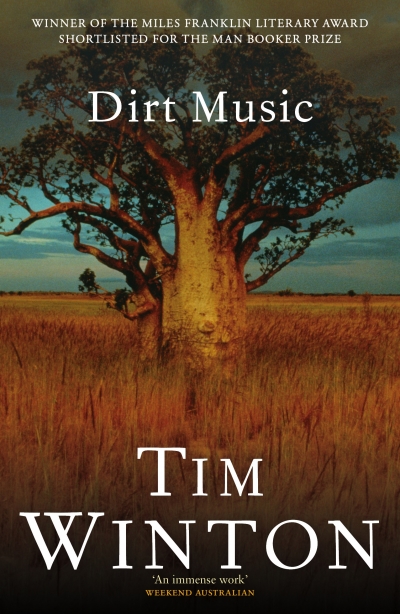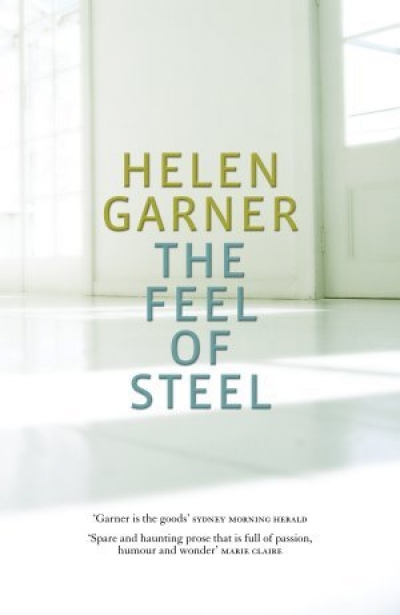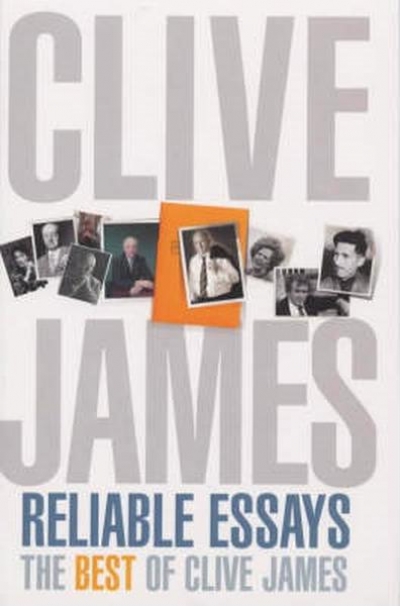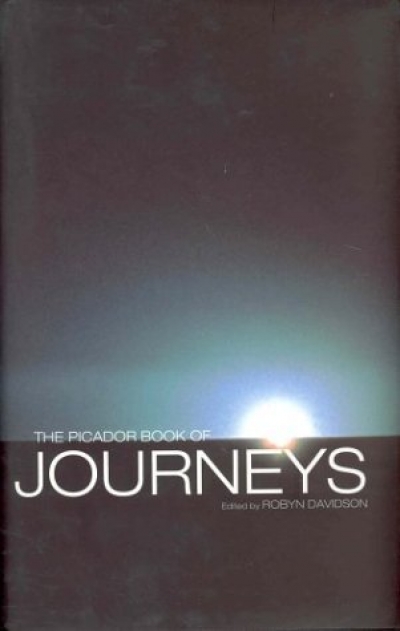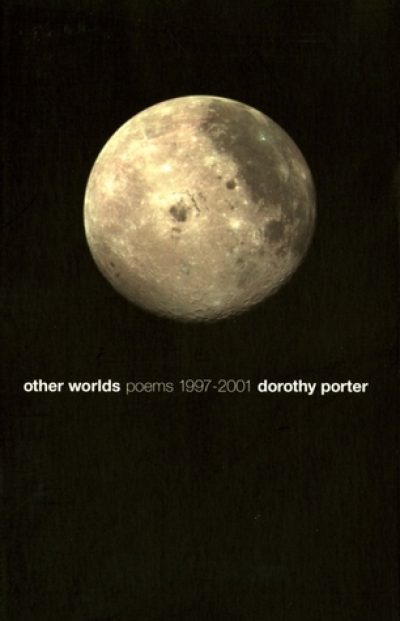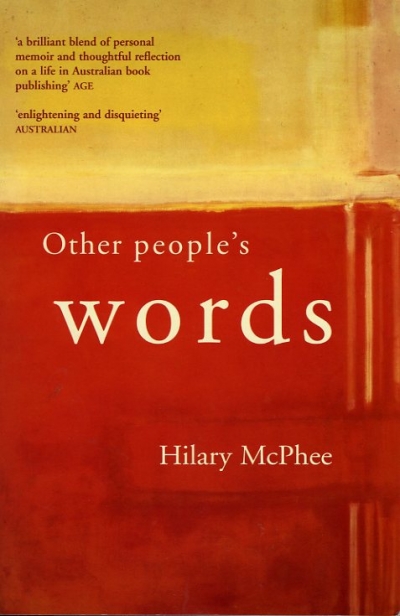Aged twenty-two, I set out for Mexico, with, like Rousseau in Italy, a ‘heart full of young desires, alluring hopes and brilliant prospects’. I was determined to leave the confines of the sleepy metropolis that is Canberra, much as Isabella Bird, though infinitely more adventurous and literate, desired to escape her cloistered Victorian world. This ‘inner compulsion’, as Robyn Davidson describes it in her introduction to The Picador Book of Journeys (something her own books attest to powerfully), is a factor which gives travelogues ‘the power to reconnect us with the essential’. And if, by essential, one means illuminating the human condition in the way that any literature worth the name achieves, Davidson’s anthology gives us a sizeable sample.
...
(read more)

